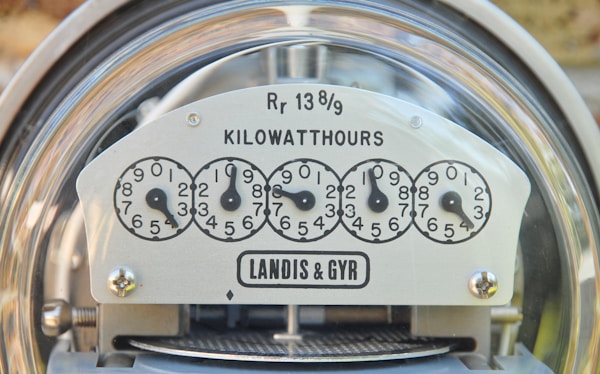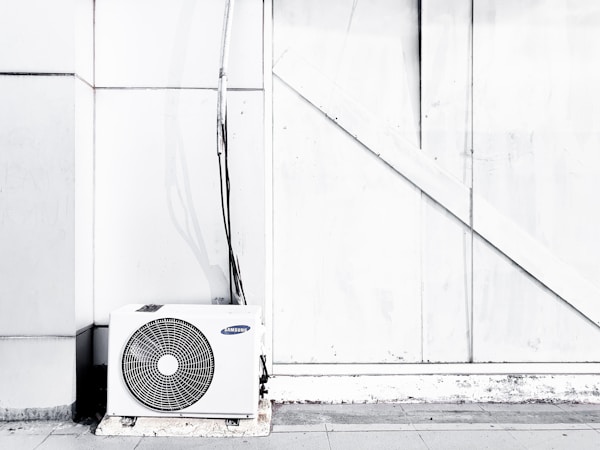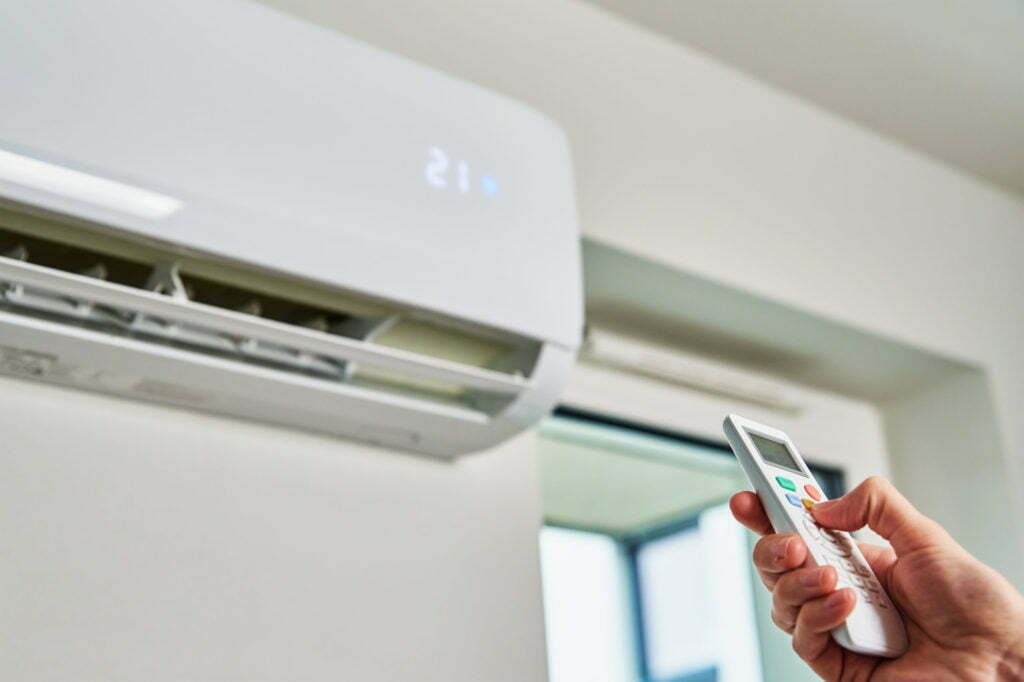As the weather gets hotter, many of us start to think about air conditioning. But before you run out and buy a new air conditioner, you may want to consider a high-efficiency air conditioner. Air conditioners are a common appliance in households across the United States. In the summer months, they are a necessary evil to keep the home cool. However, not all air conditioners are created equal. High-efficiency air conditioners have many benefits over traditional models.
Perhaps one of the greatest benefits of high-efficiency units is they can offer greater comfort. High-efficiency AC units are able to cool the room more evenly and quickly, which can help to reduce the number of hot and cold spots around your home. Additionally, high-efficiency air conditioning units can help keep your home’s air clean. They do this by trapping and removing particles from the air more efficiently than traditional units. This helps to improve the air quality in your home, which can be beneficial for people with allergies or asthma. Aside from comfort, however, there are other benefits of high-efficiency AC units. Keep reading to learn more about high-efficiency equipment.
High-efficiency air conditioners can save you money.

It’s no secret that air conditioning can be a major expense, especially during the summer months. However, by investing in a high-efficiency air conditioning unit, you can save money on your energy bills and keep your home comfortable all season long. High-efficiency air conditioners use less energy than traditional units, which means you’ll see a decrease in your energy costs each month. In fact, you may be able to save hundreds of dollars each year on your air conditioning bills. In general, your HVAC equipment can account for around 12 percent of your total energy bill each year. As a result, an inefficient system could cost you a lot during the summer months.
SEER, or Seasonal Energy Efficiency Ratio, is a measure of how efficiently an AC unit converts electricity into cooling power. The US Department of Energy requires that all units display the SEER rating. The higher the SEER rating, the more efficient the unit is. Units with a higher SEER rating will cost more to purchase, but they will also save you money on your energy bill over the lifetime of the unit.
All AC units sold in the United States must have a SEER rating of at least 13, but you may want to consider a unit with a higher rating if you live in a particularly hot climate. The highest seer air conditioner ratings are considered “high efficiency” and can save you up to 30% on your energy bill.
High-efficiency AC units are quieter.
Most people would not think that the sound of an air conditioner is a big deal, but it can be. Air conditioners that are high efficiency are quieter than standard air conditioners. This is because they have a more efficient compressor. The compressor is the part of the air conditioner that makes all of the noise. A high-efficiency compressor is designed to be quieter and run more smoothly than a standard compressor.
In many cases, you may not hear much noise at all while your high-efficiency air conditioner is running. This also means that you can run your high-efficiency air conditioner while you are trying to sleep and not be disturbed by the noise. If you have ever been kept awake by an air conditioner, then you know how important this can be.
Higher-efficiency AC units have a longer lifespan.

A high-efficiency air conditioning unit will last longer than a standard air conditioning unit. The reason for this is that a high-efficiency air conditioning unit runs more efficiently, which means that it will not have to work as hard to cool your home. This will help to extend the life of your air conditioning unit. This is due to a number of factors, including the build quality of the unit, the quality of the components used, and the level of care taken in manufacturing and installing the unit.
Overall, the benefits of high-efficiency air conditioners are clear. They save money on energy costs, they provide greater comfort and improved indoor air quality, and they require less maintenance. For these reasons, it is important to consider upgrading to a high-efficiency air conditioner if you are in the market for a new system.





